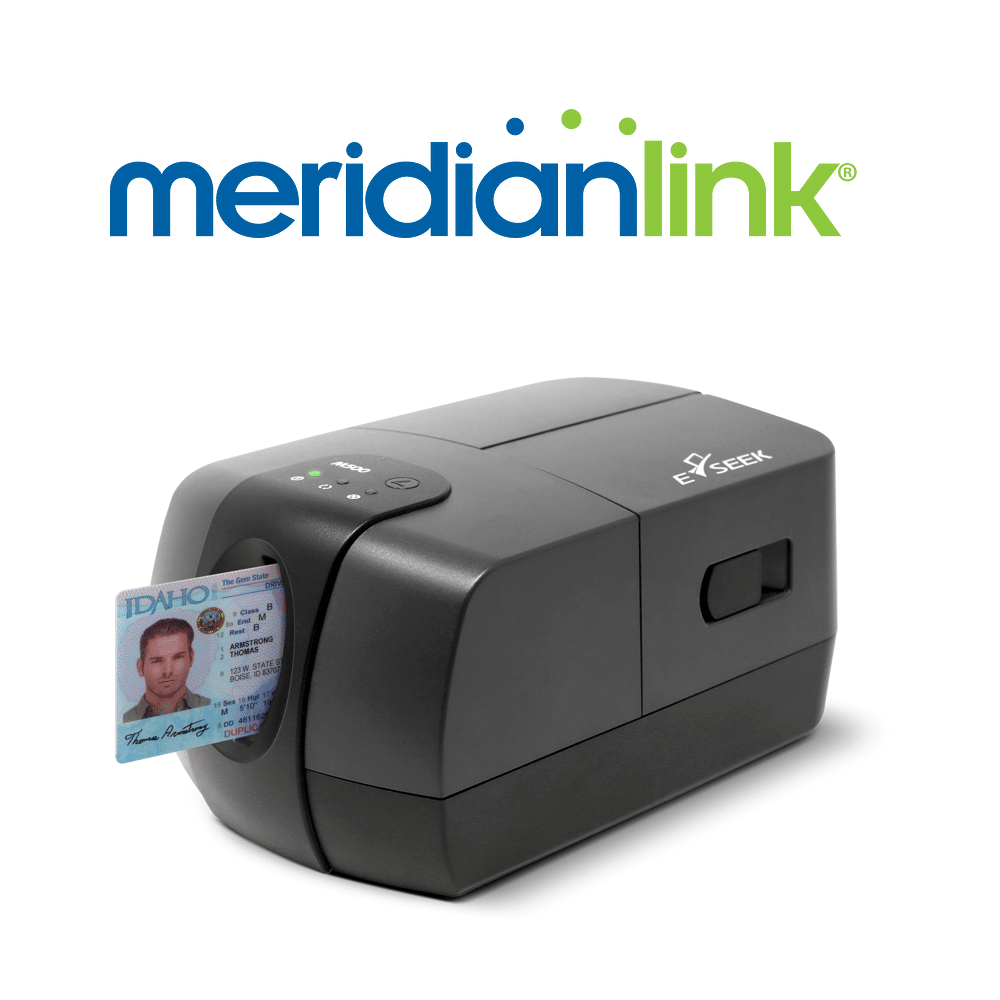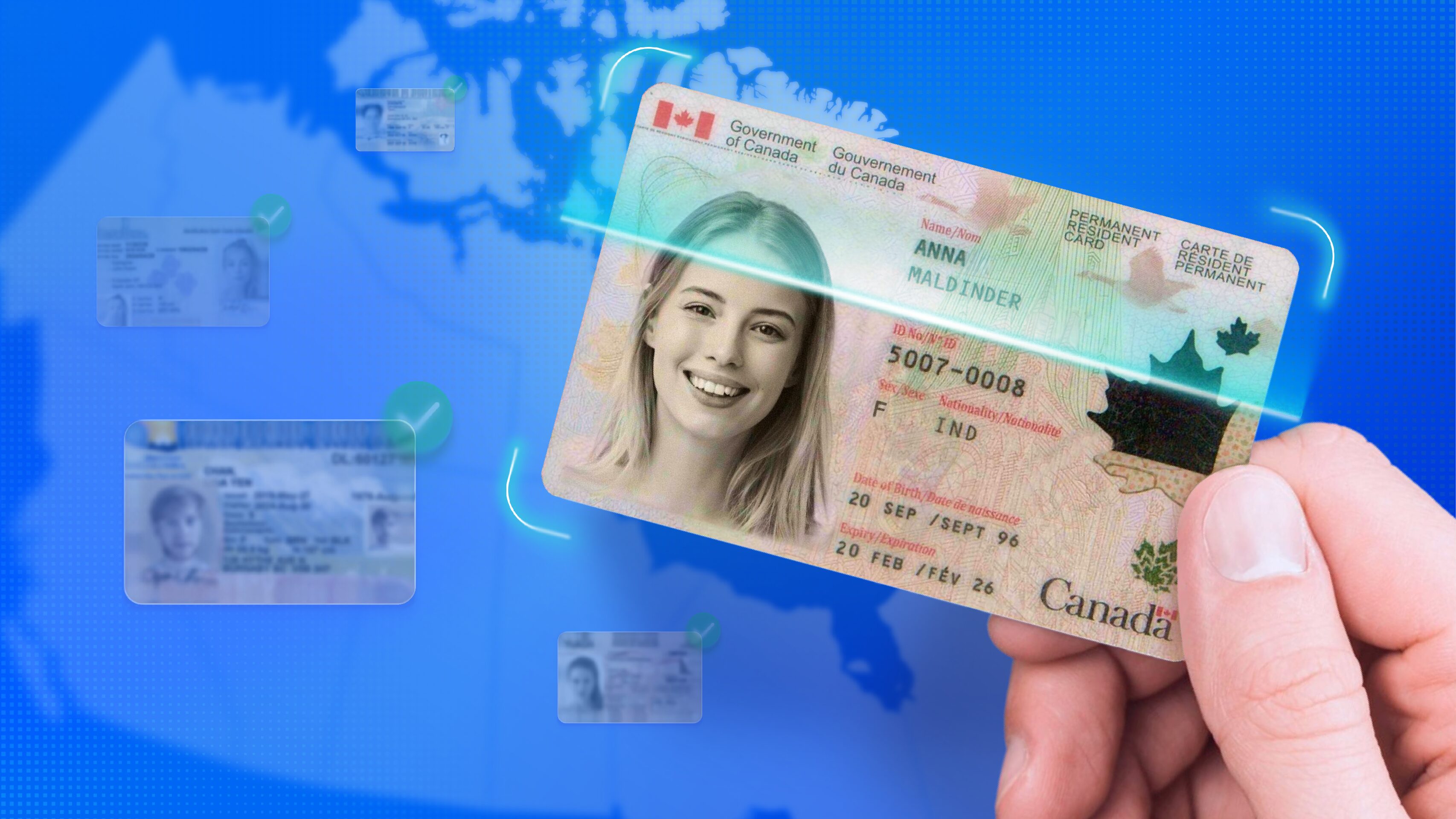The National Association of Convenience Stores (NACS) Show is a fantastic opportunity to learn from industry leaders and understand the latest trends shaping the future of convenience retail. We were able to sit down with multiple operations professionals at NACS2024, to discuss their challenges related to ID scanning, security, age verification, and more.
This year’s event left us with some powerful insights, particularly around security, technology, and the evolving role of store operations.
Technology is essential to combatting beer & alcohol theft at c-stores
Beer theft has become a major issue for many convenience stores, and it was a hot topic at the conference. This theft goes beyond teenagers stealing a six-pack for a night out and is often organized and planned in advance by sophisticated fraud rings.
One of the most effective strategies discussed is the integration of ID scanners to prevent unauthorized access to alcohol. In some stores, coolers or “Beer Caves” are adding self-service ID scanning before entering areas in which alcohol (or other high value items) are stored. This ensures that minors can’t easy access the products, but also provides a speed bump for thieves of all kinds. The beer coolers, wine caves, or alcohol lockers are only accessible once an ID is validated through a scanner.
The biggest hurdle mentioned by c-store executives in our discussions is space and retrofitting their existing equipment. New c-stores are being designed with beer caves, and inventory separation in mind, but older c-stores have limited space on the floor to add security equipment. C-store operations professionals are looking for lightweight hardware that can attach to existing coolers or cabinetry, without the need for major remodeling.
Training for cashiers is failing to meet compliance needs
However, many stores are still relying on manual ID checks, making it easy for fake IDs to slip through the cracks. Even worse, some cashiers bypass the ID check altogether, leaving the store vulnerable to fines during sting operations by local municipalities. By mandating ID validation at the point of sale (POS), stores can significantly reduce the risk of fines and ensure compliance with local regulations.
One of the challenges convenience store owners face is getting cashiers to consistently check IDs for age-restricted purchases. While technology can help, cashier behavior remains a key issue. For example, law enforcement sometimes sends an attractive individual of the opposite sex to the register, banking on social pressure causing a young cashier to skip the ID check entirely. Or secret shoppers are trained to come up with belligerent objections, convincing the cashier that it isn’t worth the trouble to scan their ID.
Training and enforcement are crucial to addressing this issue. Requiring ID scans at the POS before the sale can be completed is one solution, but there are still concerns. Some cashiers will use their own IDs to complete a sale when a customer doesn’t have one. This raises the need for technology to verify that the ID being scanned matches the person making the purchase. Implementing a face match between the ID scan and an in-store camera could prevent this kind of fraud. Technology could also flag when the cashier’s ID is scanned by using groups or tags to flag when an employees ID is used.
Consumers are still wary of privacy concerns around ID scanning
While ID scanning offers significant benefits for preventing underage sales and theft, it also raises concerns for some customers. At the conference, many store owners wanted to know how to navigate these concerns, particularly when it comes to communicating that personal data is not being captured or is purged within a short time.
Additionally, certain municipalities have regulations that complicate the situation. For example, in Nashua, New Hampshire, it is illegal to scan IDs, leaving stores with only the option of visual ID checks by clerks. This opens the door to potential abuse, as fake IDs are harder to spot without digital validation. We joked about how, if you were a teenager nearby, you’d likely head to Nashua, knowing your fake ID wouldn’t be scanned!
Other jurisdictions have regulations around which information can be retained, and for how long. So awareness of ID scanning laws, and even potentially conflicting laws, is critical.
NACS Conclusion
The NACS conference provided invaluable insights into how convenience store operations must evolve to meet both security demands and customer expectations. By leveraging technology, enforcing proper cashier behavior, and addressing privacy concerns, stores can create a safer, more compliant environment for both customers and staff. We look forward to seeing how the industry continues to adapt to these challenges in the coming years!





